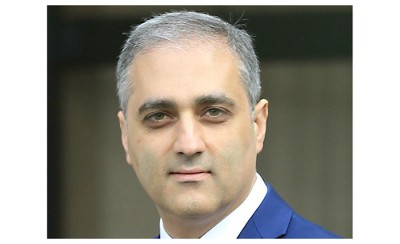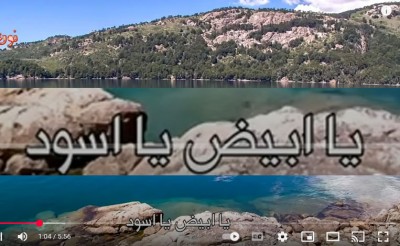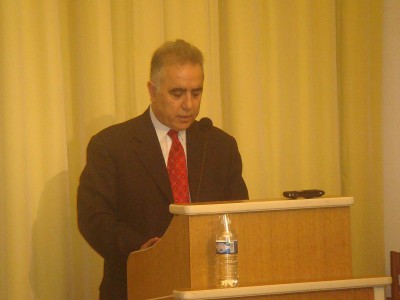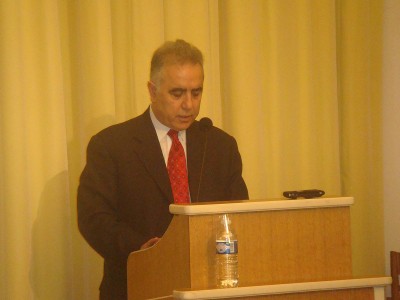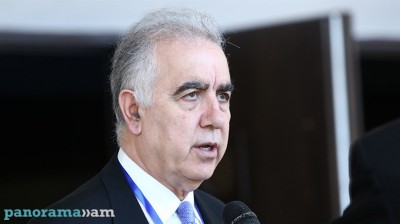
The Great Middle East in the face of radical change. A view from Armenia
If at the end of the Cold War, with the dissolution of the USSR, with the abolition of the Warsaw Pact, the review of the results of the Second World War began, then with the process called the Arab Spring, the review of the results of the First World War began.
In fact, we can say that the more than a hundred-year cycle that began with the First World War is coming to an end, after which a new world order will be formed, with changes that are not yet fully understood today.
It is no coincidence that the end of this cycle marks the end of the last territorial empire with the de facto disintegration of Russia, which will be immediately followed by the disintegration of its ally Turkey, the remnant of the Ottoman Empire.
Yes, the world is changing; it will also have a big impact on our overall environment, the geopolitical focus of the Greater Middle East region.
We need to develop new strategies to ensure our continued existence and development in a whole new environment.
In our new strategies we must at least keep in mind that:
Our region will be free from Russian and Turkish influences and interventions. Naturally, there will be no Russian-Turkish military presence - military bases, troops, operations. Meanwhile, the weight and role of Iran will change significantly. This will be a consequence of the inevitable gradual improvement of Iran's relations with the United States's sharp increase in Iran's capacity for the entire West.
Iran will partly play the role of Turkey for the West today, becoming one of the main energy suppliers to the West instead of Russia, as well as a major bridge from India, from the Indian Ocean to Europe, thus playing a key role with the United States. in a global strategy aimed at neutralizing China's One Global Zone - One Way communication project.
In addition, with the same purpose of restraining China, the developing giant India, the main southern operator and beneficiary of the North-South communication route, enters into strategic relations with our region.
Certainly, other developments and tensions expected in the context of growing US-China competition will affect our region.
Jirayr Sefilian
Member of National Democratic Alliance



